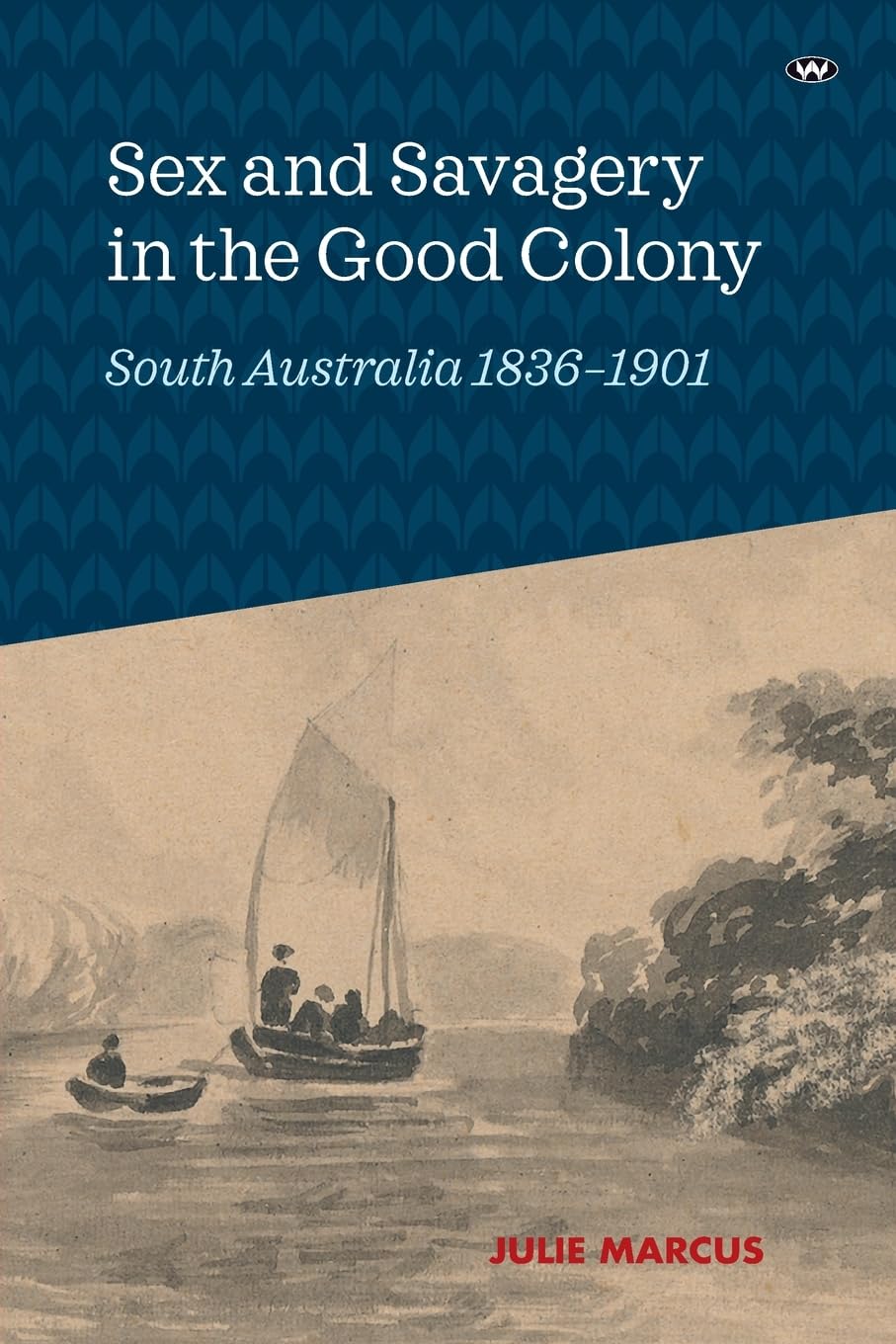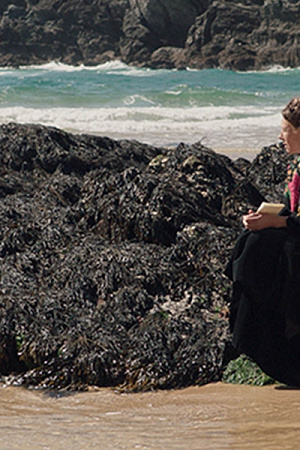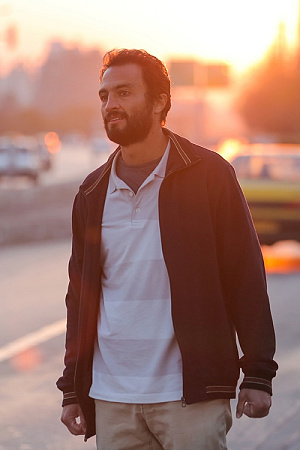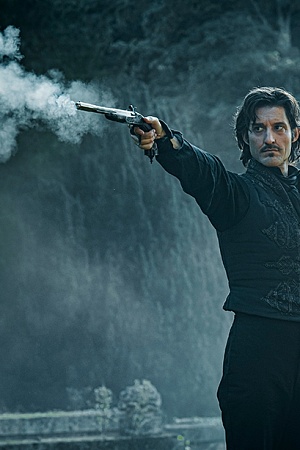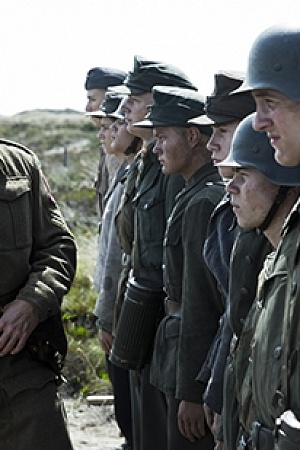After the Hunt
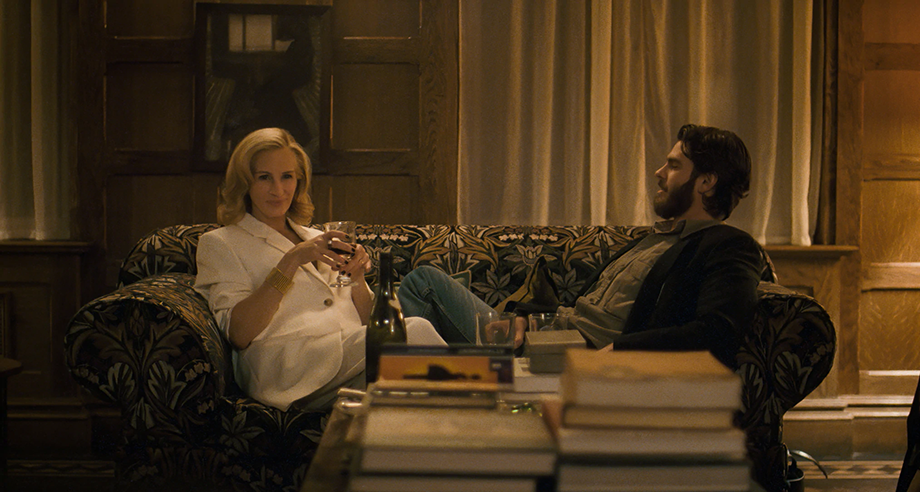
Since the premiere screening of After the Hunt at the 2025 Venice International Film Festival, there have been murmurings among the commentariat that the film signals a pushback – both in Hollywood and society more generally – against #MeToo and cancel culture. Some have seen this as a reason to condemn the film; others argue that it is a necessary corrective against a movement that, with its unyielding ‘Believe Women’ mantra, has damaged the reputations of falsely accused men. That we tend to position ourselves on one side of this debate or the other suggests we need more films like After the Hunt: films that force us to consider the complex entanglement of emotions, intentions, and desires that obscures the truth – or otherwise – of accusations of sexual assault; that demand we ask how we have turned institutions once devoted to the robust testing of ideas into places willing to shut down discourse deemed ‘unsafe’ because it challenges someone’s beliefs or, as they would have it, their ‘truth’.
Continue reading for only $10 per month. Subscribe and gain full access to Australian Book Review. Already a subscriber? Sign in. If you need assistance, feel free to contact us.


